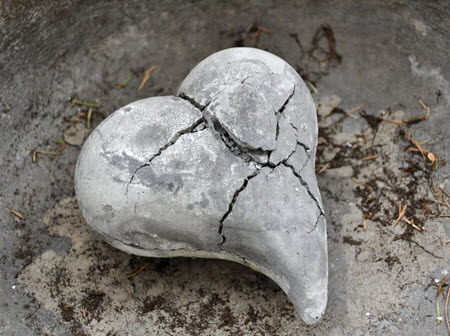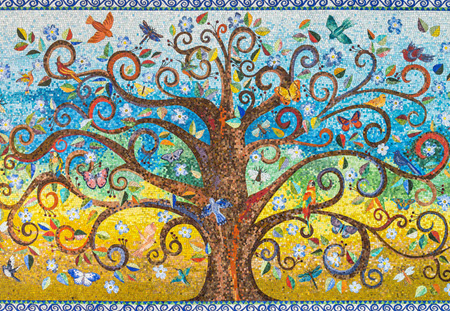 Explaining your family origin is not always straightforward.
Explaining your family origin is not always straightforward.
So much of society focuses on families’ genetics – What are your people’s original origin? Who do you look more like, your mom or your dad?
Then there are forms in doctor’s offices that ask for family history of… well, everything.
So many believe that “blood is thicker than water.”
When your genetics come from people outside your social family, these questions can sting.
“Where is your REAL family?”
When people learn that I am adopted, this question is probably one of the most frequently asked.
The follow-up questions are about wanting to know if I’ve found my genetic/biological family yet. I don’t think anyone ever asked if I wanted to look – they assume that I should want to look.
Some people get bold and want to know if, as an adoptee, I know why I was “given away.” Sounds like they are talking about a hand-me-down or some gently used housewares.
 How did you learn your story?
How did you learn your story?
Perhaps it was something shared from the time you were little, and you “always knew.”
Maybe it was something known… but never talked about or never talked about nicely.
Your real story might have been a secret that you were never supposed to learn, but you did.
Whether it was celebrated or a secret that stowed away, our stories’ origins influence how we interact with the world and how we view ourselves.
Not all find it easy to be outside the genetic family.
Many tell us we should be grateful for being wanted – thankful to be born.
Those expectations are unfair and, for many, unrealistic.
Being raised apart from your genetics has differing levels of impact on different individuals.
 Loss accompanies the adoptee and donor-conceived.
Loss accompanies the adoptee and donor-conceived.
The foundation of every adoptee and donor-conceived person’s life is rooted in loss.
It may be the loss of connection, genetic history, and culture.
Not knowing where you come from or even who you look like creates a loss of connection.
For many, there is a loss of knowing your genetic/biological parents, perhaps siblings, and extended family as well.
Reactions to such a loss take many forms.
Expressions about loss might vary, but most contemplate their biological connection.
“There is this void, and I need to find my genetic/biological family.”
“I’m kind of interested in knowing my genetics, but the “what-ifs” are scary.”
“I don’t feel any desire to find my genetic/biological family.”
“I found them, or they found me… now what?”
 Therapy provides validation and creation of your story.
Therapy provides validation and creation of your story.
Whatever you feel, your feelings are valid, and they matter.
Therapy helps integrate many pieces of yourself and your story. It enables you to process the grief and loss of being raised apart from your genetics.
It is essential to acknowledge that while there is some crossover in experience between adoptees and donor-conceived persons, there are some unique experiences for each as well. And within each experience, individuals have their own unique story.
Let’s work on your story!
Don’t let being adopted or donor-conceived keep you from feeling complete. Who you are matters, and we can work to help you process your story.
Contact me today! I would love to work with you.

